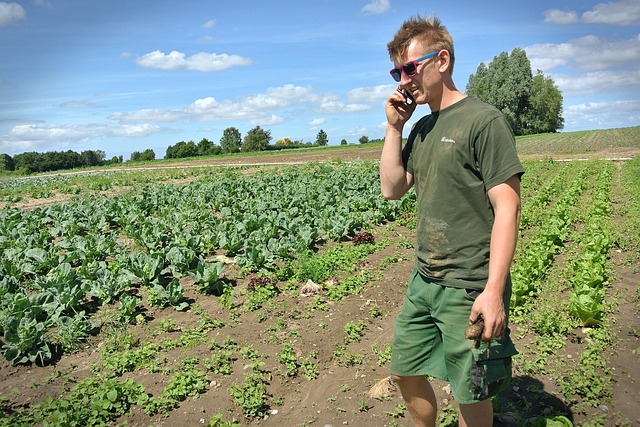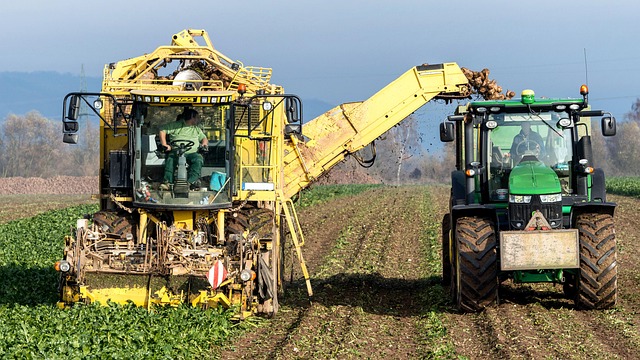In an era where the climate crisis looms large, the concept of an ecological farm emerges as a beacon of hope. These farms not only redefine agricultural practices but also embody the principles of sustainable development, aiming to minimize our ecological footprint while helping to restore the planet’s health. The quest for sustainability is more than just a trend; it’s a necessary shift towards a carbon-neutral future.
Green technologies play a pivotal role in the transformation of traditional farming into ecological farming. By harnessing solar panels, wind turbines, and organic farming methods, ecological farms can significantly reduce their reliance on fossil fuels. Implementing systems such as rainwater harvesting or drip irrigation can ensure that water resources are used efficiently, further lowering the ecological footprint of farming practices. Farmers who adopt these technologies are not just improving yield but also actively participating in the global movement towards sustainability.
An ecological farm is characterized by a holistic approach to agriculture. It integrates practices that promote biodiversity, soil health, and reduced chemical usage. By employing organic fertilizers and natural pest management strategies, these farms work towards creating a balanced ecosystem. This commitment to ecological integrity is a pathway to achieving a carbon-neutral status. For instance, cover crops can capture carbon in the soil, which is vital for offsetting emissions.
The impact of green technologies goes beyond just the physical environment. They foster a community of individuals who are passionate about sustainable living. Consumers are increasingly aware of their purchasing decisions, seeking products that align with their values. The rise of local farmers’ markets and community-supported agriculture initiatives exemplifies this shift. Here, consumers are not only buying food; they are investing in an ethical and sustainable future, supporting local ecological farms that prioritize environmental stewardship.
Moreover, ecological farms often serve as educational platforms, raising awareness about the importance of sustainable agriculture. Workshops and farm tours can enlighten individuals about the benefits of reducing their carbon footprint and encourage them to adopt eco-friendly practices in their own lives. By fostering a connection to the land and its resources, these farms create stewards of the environment who are committed to preserving it for future generations.
The journey to a carbon-neutral ecological farm is challenging but attainable. Through innovative practices and a dedication to sustainability, new generations of farmers are paving the way. Transitioning from traditional methodologies to green technologies is not merely an option; it is an imperative that ensures the longevity of agriculture and the health of the planet. By embracing these changes, we can all contribute to a sustainable future, where ecological farms flourish, ecosystems thrive, and our collective carbon footprint is significantly lessened.




